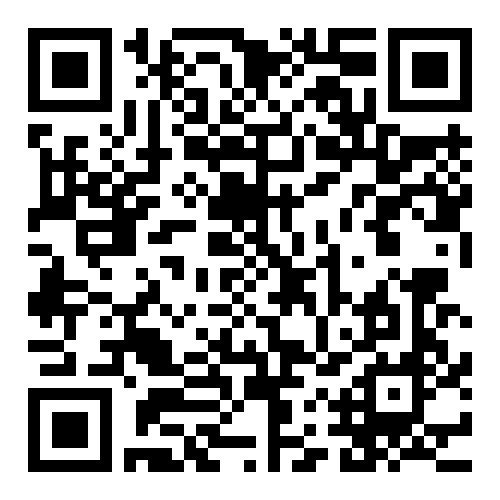What are Red blood cells (RBC)?
Also Known As: Erythrocyte Count RBC Count Red Blood Cell Count
Red blood cells (RBC) are made in the bone marrow and contain hemoglobin, a protein that carries oxygen to the tissues in the body. These cells are also known as erythrocytes.
Red blood cell count is a blood test that measures your levels of erythrocytes. This test is most often done as part of a complete blood count (CBC) that also measures other types of blood cells.
RBC count can help diagnose anemia and other conditions that affect red blood cells. If RBC count results are abnormal, additional tests are usually done to diagnose the cause of the high or low level of red blood cells.
The purpose of the RBC count is to find out if the number of red blood cells you have is normal or abnormal. RBC count may be included in routine blood testing during a check-up, usually as part of a complete blood count (CBC) measuring the number of red blood cells, white blood cells (WBCs), and hemoglobin in a blood sample.
Measuring RBCs can help diagnose anemia, a condition in which the body doesn’t have enough healthy red blood cells. There are different types of anemia with distinct causes. A low RBC count is a key indicator of anemia, and additional tests can help determine its underlying cause.
RBC count may also be used to help diagnose other conditions that affect red blood cells, such as kidney problems, a type of white blood cell cancer, or problems with the bone marrow.
What does the test measure?
RBC count is the number of RBCs contained in a sample of blood, usually expressed as millions of cells per microliter (cells/mcL).
In a complete blood count, RBCs are measured along with white blood cells (WBCs) and platelets. These cells are made in the bone marrow and released into the bloodstream as they mature. In the blood, these cells are suspended in a fluid called plasma.
Blood consists of 45% red blood cells, less than 1% white blood cells and platelets, and 55% plasma. RBCs contain hemoglobin, a protein that binds to oxygen. In this way, RBCs carry oxygen to the body’s tissues and carry carbon dioxide from the tissues to the lungs to be expelled.
When should I get an RBC count?
RBC count is usually tested as part of a complete blood count, which is a common lab test that can be used to detect or monitor many different health conditions. Your health care provider may order this test:
- As part of a routine check-up
- If you are having symptoms of anemia, such as fatigue, headache, loss of appetite, or problems concentrating
- If you are having other symptoms of blood cell changes, such as fever, infection, or weakness
- When you are receiving treatment that can affect your blood cell counts, such as chemotherapy
- To monitor a long-term health problem that may change your blood count results, such as chronic kidney disease
Your health care provider can explain why an RBC count is being ordered for your situation and help explain what the results mean.
How to get tested
A red blood cell count test is usually ordered by a doctor and requires a blood sample, which is drawn by a health provider or a laboratory technician at an office, hospital, laboratory, clinic, or other medical settings.
Can I take the test at home?
Most CBC and RBC tests are done in a medical setting, and limited options are available for taking these tests at home.
In some cases, you may be able to take an RBC count with a self-collection test. In this type of test, you use an at-home kit to prick your finger and place a drop of blood on a special test paper. You then mail this blood sample to a laboratory where it can be analyzed, and your results are delivered through a website or smartphone app.

